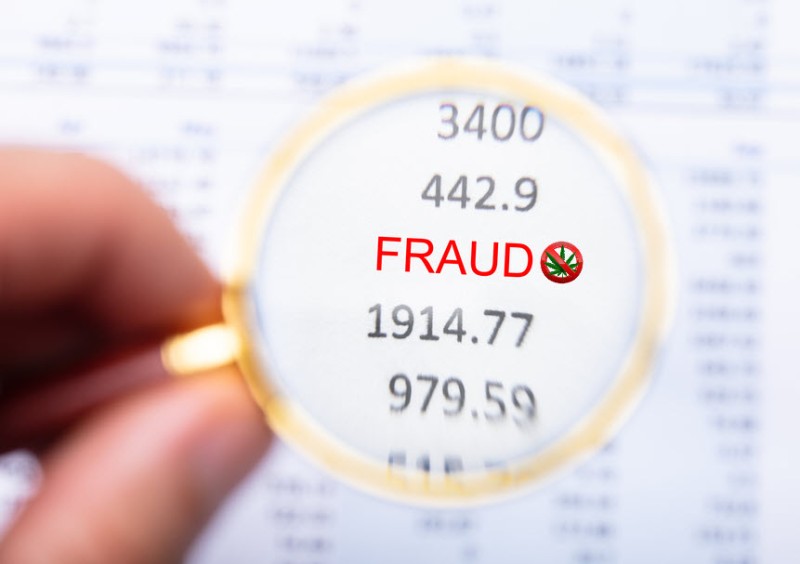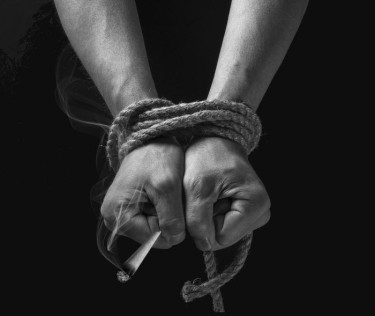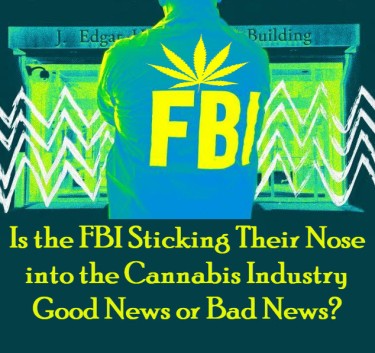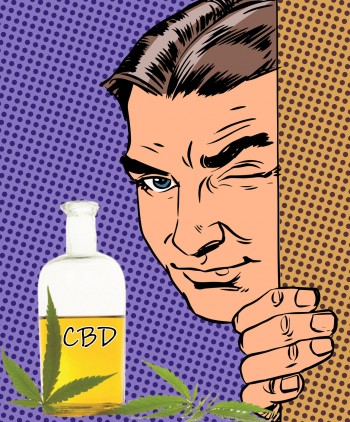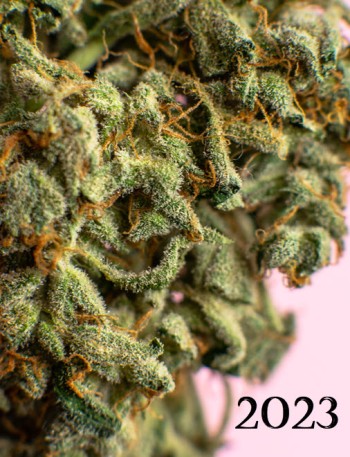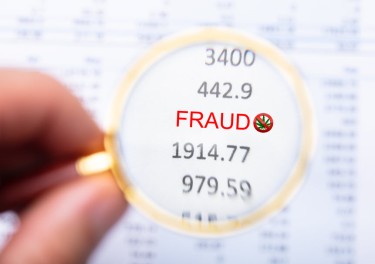
As cannabis reform and legalization grows across the United States, the number of individuals arrested for infringing marijuana-related laws has declined over the years. The police claimed to have made approximately 318,000 arrests across the United States for cannabis-related crimes in 2021. This represents an annual decrease of 23% according to the data made available by the Uniform Crime Report (UCR) of the FBI. This is a major improvement considering the number of cannabis-related arrests ten years ago was over 650,000.
While many celebrate this significant decrease in cannabis-related arrests, a local Maryland official with a broad experience in drug policy now claims the numbers may be flawed. According to the Maryland official, the FBI's system of documenting local and state cannabis arrests may be greatly flawed. To this end, he has asked the Justice Department Office to initiate an investigation into the whole situation.
Is the FBI's system flawed?
The bone of contention at the moment is the issue of confusion among local enforcement agencies. The agencies are uncertain if the citations issued for possession of marijuana under state decriminalization statutes are expected to be filed as 'arrest' to the FBI. This has resulted in several inconsistencies in the yearly released report, hence, it calls into examination its usefulness as an instrument in policy-making as regards cannabis.
The Uniform Crime Reporting program of the FBI is majorly used by researchers, media, and most importantly lawmakers to contextualize and understand directions of enforcement. The FBI's UCR program is so important given more than. 18,000 jurisdictions report to the agency on the number and types of arrests made annually.
But, as regards cannabis-related arrests, there seems to be a dilemma that could significantly impact observers and policymakers from evaluating the effects of decriminalization policies. That's not all, the ripple effect can also be felt at the federal level as regards police funding.
In summary, the reported data on cannabis arrests by UCR may be amplified. A state police department told Marijuana Moment they file simple civil violations for possession of cannabis as an arrest. This uses their interpretation of the reporting guidelines from the FBI. However, a proper evaluation proves an inconsistency in the adoption of such interpretation by other departments.
This obvious problem then prompted Eric Sterling, a member of the Policing Advisory Commission, Maryland to get in touch with the state and local law enforcement for explanations. The answers to his questions further prompted him to reach out to the Inspector General of the Justice Department to initiate an investigation into the issue.
Wasteful misconduct?
As advocates continue to champion cannabis organizations, Eric Sterling has taken it upon himself to get to the root of the situation. As a result, he has reached out to the Inspector General of the Justice Department petitioning for an investigation into the FBI's 'wasteful misconduct'.
In the letter he wrote, he affirmed that the FBI instructed police departments to inaccurate and wrongfully define vital data of law enforcement. He claimed that misleading and false data, and multiple and crucial degrees of policy activities and arrests concerning cannabis violations were published under the directions of the FBI.
In 2014, cannabis was decriminalized in Maryland, making its possession to a maximum of 10grams a civil violation. This violation is punishable by a fine without the threat of jail time or arrest. However, the Maryland State Police (MSP) affirmed that they still filed such violations as arrests. Meanwhile, Baltimore, a major city in the state, seems to make use of a different filing system. This has resulted in lesser marijuana arrests being filed in the years that followed cannabis decriminalization in Maryland.
As it stands, the MSP has justified its interpretation, claiming that marijuana is only decriminalized in the state but is still very much illegal. Hence, penalties still apply to the violation, compelling it to be reported as an arrest to the FBI. An FBI specialist, Holly Morris told Marijuana Moment that a section in the guidance addresses the three types of arrests that law enforcement agencies are required to report including citations.
Law enforcement agencies are required to document just one per violator;
O= On-View Arrest (arrest without prior incident report or a warrant)
S= Summoned/Cited (not put into custody)
T=Taken Into Custody (based on a prior incident report or a warrant)
Most likely, the "S" value should indicate that a formal arrest was not made. However, it's unclear that such information is available on the UCR reports to give lawmakers, media, and researchers the context needed to form their analyses of cannabis enforcement in cannabis decriminalized states.
Importance of the UCR Reports
The importance of the UCR reports is multidimensional. Sterling, who was formerly the House Judiciary Committee's counsel, gave a profound insight into the UCR reports. He affirmed that arrests being falsified in cannabis decriminalized states do seriously sabotage the value of cannabis decriminalization as cost-saving for law enforcement. This is one of the several arguments proponents often make in favor of cannabis reform
In addition to this, Sterling also pointed out that the arrest data may as well influence police funding at the local and state level under initiatives like the Justice Assistance Grant (JAG). An overview of the JAG program did note that UCR's report on violent crimes is used as a factor in police funding decisions. Although it is uncertain if that's the major standard.
As things are, it remains unclear how many police agencies share MSP’s interpretation of the FBI's UCR. But, a clear example of the wide disparity in arrest-to-citation as a result of differences in the interpretation of the FBI can be seen in Maryland when cannabis was decriminalized in October 2014.
Due to differences in interpretation, Baltimore City recorded a decline in cannabis arrests from 3,680 to 509 in 2014 and 2015 respectively. In the same state, over the same period, Montgomery County recorded cannabis arrests which increased from 3,296 to 3,651. Figures for cannabis arrests in 2020 in Baltimore City and Montgomery County were reported to be 10 and 1,298 respectively which is one of the lowest numbers since 2009.
Conclusion
The number of cannabis arrests is a statistic that is of great importance in policy making. It is usually cited by state legislators, and Congress Members when debating cannabis policy and legislation. Hence, falsifying this data distorts crucial national debates about the conduct of the police across the country and the extent to which laws are implemented impartially or not. In summary, Eric Sterling's cause is one worth pursuing to the end.
THE FBI ON WEED, READ MORE...
THE FBI IS LOOKING INTO CANNABIS FARM SLAVERY CONDITIONS IN OREGON!
OR..
THE FBI GETTING INTO THE CANNABIS SPACE, IS THAT GOOD OR BAD?

